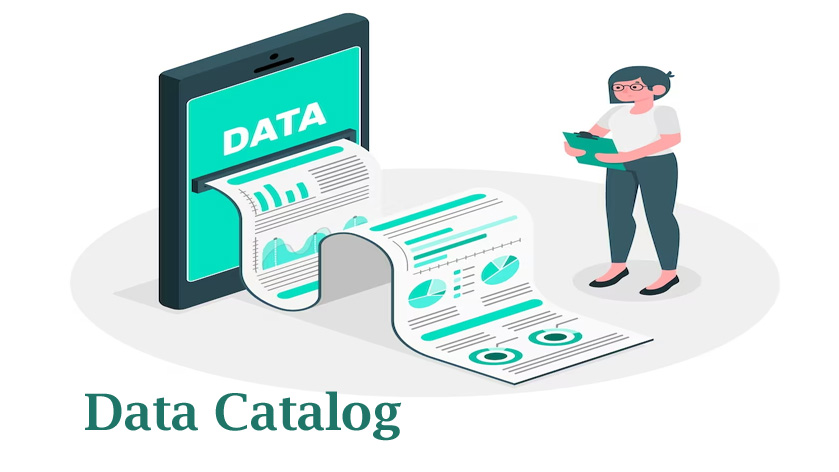A data catalog is an organized inventory of data assets in the organization. There is the use of metadata to help the company manage its data. This also helps organize, access, and enrich metadata for data discovery and maintenance.
Nowadays, data access has become more challenging due to the availability of extensive data and understanding the kind of data you have now, what is being used, and how it needs to be protected. But you also need to be able to cover the data sparingly. It will become difficult for you to access it.
We use data catalog to avoid the above issues; nowadays, it is widespread. The data catalog is increased by managing and accessing large amounts of data. Apart from this, it also has many other benefits:
- Better customer experience
- Cost-effective
- Operational efficiency
- Protection from risk and fraud.
Apart from this, there are many reasons to use a data catalog. Many users need help finding the correct information to understand whether the data is valuable. Data catalogs help them find and understand the data they are looking for. The data catalog will help understand the data with detailed information about data sets.
Data catalogs will decrease the rate of errors. They offer high-quality data information and detailed descriptions, track data history, comply with metadata rules, promote teamwork, and assist with data prep. All these things help the user handle the data more relevantly and reduce the risk of errors in usage and analysis.
In simple terms, data catalogs make the data work easy. It helps provide all the benefits like understanding data better, avoiding duplication, making data integration smoother, encouraging teamwork, and ensuring everyone follows all the rules. This is why you must use a data catalog to store, analyze, and understand your data.

